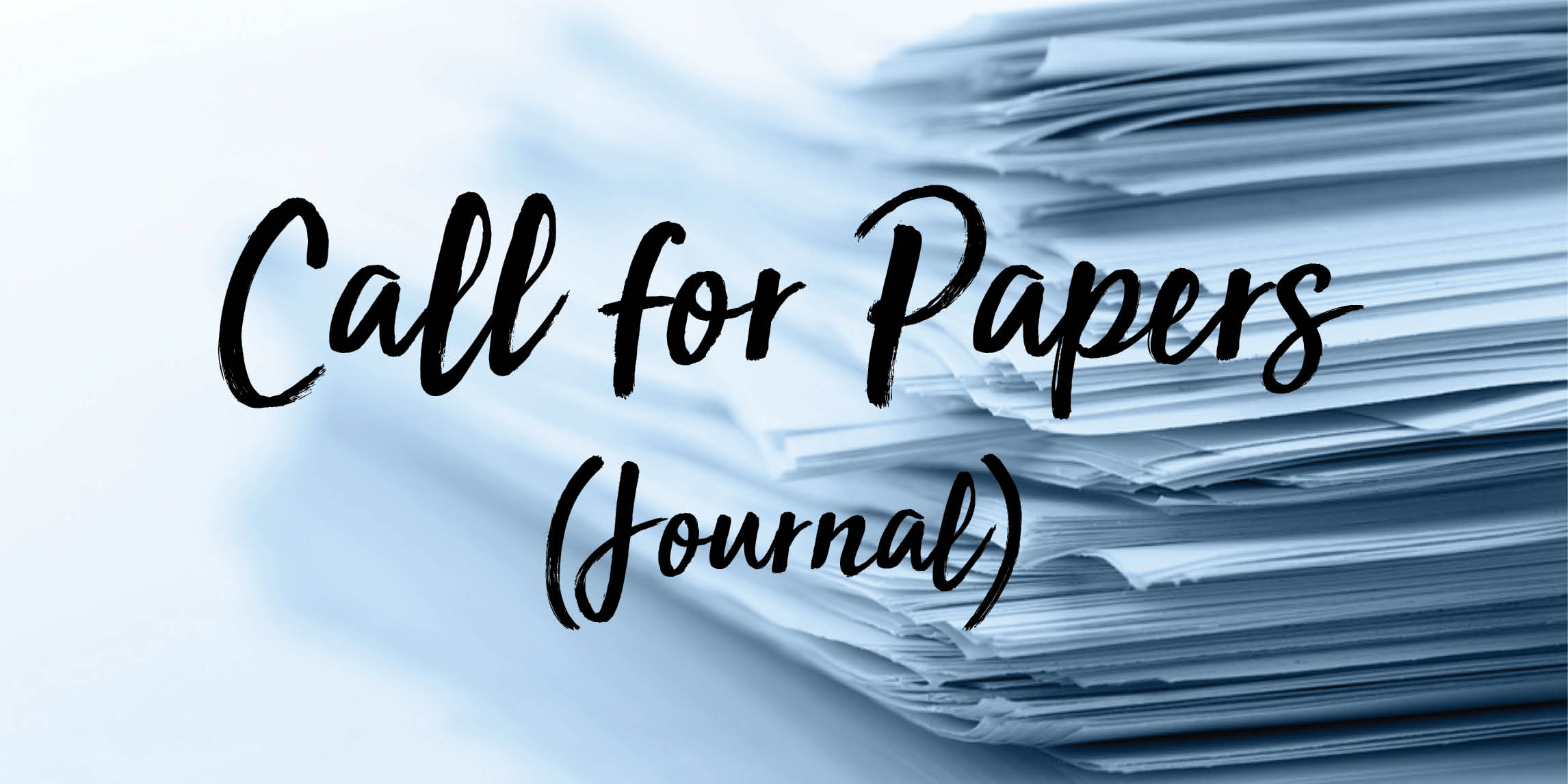

Since its introduction, GenAI has revolutionised many aspects of the sociopolitical sphere in recent years. Technologies like Large Language Models (LLMs) and, in particular, its baby poster, ChatGPT, have already been the topic of many studies in different fields, from political science to psychology and communication (Bail, 2023; Gilardi et al., 2023). Despite, the obvious relevance of GenAI to working assumptions of Critical Discourse Studies (CDS), our knowledge of the nature, quality, and multifaceted implications of this computational breakthrough in discourse production, distribution, and consumption across various contexts is minimal. At a broad level, we could scrutinise which discourses are substantiated by e.g., LLMs and how these models interact with the existing discourses-in-place. There are also questions about the working definitions of discourse materiality as ‘naturally occurring language’ and its relation to the notion of discursive power.
As the rapid development of models adds to the emerging complexity at both theory and methodology ends, it remains a fact that CDS cannot continue the business as usual similar to changes to other frames of inquiry in social sciences. To envisage a specific CDS take on this nascent field, there is a need for interdisciplinary deliberation to formulate questions, identify the challenges and elaborate on opportunities while acknowledging the ambitiousness of the task at hand. In addition to emerging few studies on LLMs and CDS (e.g. Gillings et al., 2024), there is certainly room to identify perspectives, problematise working notions, and apply methodologies at the intersection of GenAI and CDS. This is, ultimately, about the CDS’ claim to provide critical explanations for the socio-political characteristics of societies and the way power (relations) is established through discourses. We go where discourse goes, and (important degrees of) discourse is now entangled with these technological developments.
Such an endeavor is interdisciplinary by definition and invites empirical studies, theoretical engagements, critical reflections, and methodological considerations from scholars in different fields, such as computer science, discourse studies (in its broad sense), social sciences, political communication, media and technology, digital geography, and Informatics to discuss timely topics including but not limited to:
- Problematisation of mediation processes and its impact on discourse: how AI can be viewed in connection with past, present and future of CD;
- Theoretical mapping for a viable, principled CDS analysis in the new contexts;
- The way GenAI or in particular LLMs reinforce or undermine power relations and discourses in communication, media, and public opinion;
- The way GenAI or in particular LLMs may contribute to the evolution or transformation of discourses of Hate Speech, Racism, Gender bias, Islamophobia, etc., across different domains (e.g., media, politics, education);
- Innovative methodologies for analysing the interplay between GenAI of various content types (language, videos, and other multimodal trends) and discourse within CDS frameworks;
- The capabilities and shortcomings of LLMs as a viable tool in CDS and their mutual interactions.
Submission Process:
Authors are invited to submit abstracts (approximately 500 words, all-inclusive) outlining the manuscript's approach, objectives, and relevance. The abstract should demonstrate how the paper contributes to the synergic understanding of the field.
Please submit the abstract and author information to guest editors (Majid.Khosravinik@newcastle.ac.uk and hossein.kermani@univie.ac.at) by 2 June 2025. Please use ‘Submission for the SI on CDS and GenAI’ as the email subject. Abstracts should be formatted as: title, author names, affiliations and contact information, main text, keywords (up to five), along with short bio/s of the author/s. Notifications regarding invitations for full papers will be sent by 1 July 2025. Full papers should be submitted by 15 December 2025.











